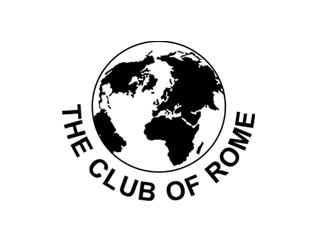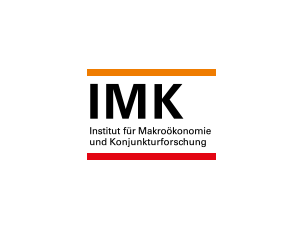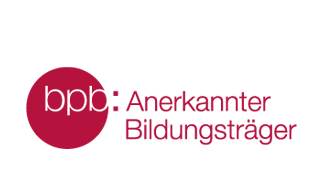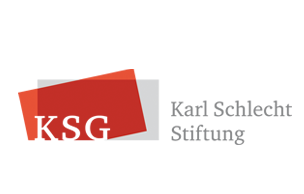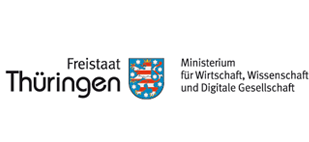Summary of Workshop #2: Prosperity Economics
Prosperity Economics
conducted by Katherine Trebeck (Oxfam Global Research), Himansu Shekar (University of Duisburg-Essen)
During the first day, we covered general topics regarding how the notion of growth to grasp the concept and measure the process of development. We also touched on several alternative concepts to development such as Buen Vivir, a concept originating in Latin America. Buen vivir was officially incorporated in the constitutions of Bolivia and Ecuador. Fundamental changes of the perception of “nature” or the “environment” were hammered out and indigenous peoples’ rights had been improved. The concept is of particular importance for this area facing land use conflicts and human rights violations in an era of neoliberal extractivism and global free trade agreements. We subsequently carried out an exercise in pairs in which we tried to identify what the key determinants of “the good life” are, and which barriers are faced when doing so (eg. Is a happy society the simple aggregation of the happiness of all its citizens?). Finally, we discussed in more detail different definitions of “well-being” and the difficulties associated with the measurement of happiness.
The second day mainly focused on the concept of De-growth and how it provides counterarguments to the dominant growth-centred narrative in economics and politics, as well as its more recent reformulations such as green growth, inclusive growth, or pro-poor growth. We first watched a lecture given by three academics and activists working on De-growth in all its social and environmental interdisciplinary that highlighted both the complex features of the concept and its limitations. There was a lot of discussion revolving around the question whether economic growth or capitalism per se should be challenged. The second half of the day was spent reflecting on the global success of GDP as the most important indicator of the performance of a country, and how it became the universal measure of economic progress. Such reasons include its direct comparability across time and space and the fact that it is easily quantified, as opposed to more holistic measured of economic development. We then discussed how its hegemony relates to broader political issues, like tax evasion and fiscal fraud in a cross-country context.
The third day of the workshop took a more practical approach towards issues of development. We were introduced to different strands of economic thinking such as feminist and ecological economics, focussing on different socioeconomic and -ecologic aspects as compared to what the GDP is highlighting. We illustrated ecological aspects by taking the concept of Planetary boundaries into account, establishing comparisons across countries in terms of carbon emissions, waste per capita, or water consumption. This allowed us to also get a sense of existing disparities across regions: While the US is consuming about 17 tons of carbon emissions per capita, India is consuming only 1.7. Against the backdrop of these findings, we then tried to evaluate what would be an appropriate level of consumption/pollution that all countries could have in 80 years’ time. This could involve using rules of thumb to be achieved (e.g., reducing the average EU carbon emissions by a third over a given period), or taking a given country as a benchmark for future policies (e.g. Slovenia, which enjoys a high level of development without being a very important polluter in per capita terms).
We started the fourth day with an introduction to the Oxfam Humankind Index, which was developed for Scotland and aims at capturing the notion of development from a broader, citizen-oriented perspective: Survey-based analyses reveal peoples’ subjective well-being, thereby assessing current, existing policies. Such approaches could (and should, in a democratic sense) serve as a baseline for policy-makers. This leads us to discuss how development policies should be conceived and implemented. In the afternoon, we formed groups to conceptualize such policies and evaluate their potential relevance and success using the online Oxfam Policy Assessment Tool. For example, one group suggested a policy that would randomly select citizens in order to create a third chamber with deliberative power the German parliament.
The first part of the fifth day was dedicated to the study of alternative indices of wellbeing such as the Gross National Happiness, a policy-guiding survey instrument to assess what Bhutan’s people exactly understand under wellbeing and what are their demands and needs to be “happy”. This globally unique approach differs insofar as the guideline leads the way for future policies, whereas all other local indices are assessing the acceptance and impact of already existing policies. Besides the above-mentioned project from Scotland, more indices exist such as the Canadian Index of Wellbeing or the Gallup Wellbeing Wheel. To gain insights into the alternative indicators we looked at a case study from Santa Monica (USA) that assessed the determinants of the well-being of its inhabitants. Equipped with this theoretical knowledge, we brainstormed to establish the different domains of a new wellbeing indicator. We then teamed up in pairs, with each pair focusing on one such domain. The first pair considered possible measures to evaluate the relationship between food and society from a holistic standpoint (agricultural system, value chain analysis, health and consumption, waste and recycling). The second pair focused on political participation issues and social equality and suggested several ways to measure these important dimensions. The third pair designed potential indicators to measure the quality of public goods in a society. Finally, the last pair focused on human rights. The relative merits and weaknesses of each of these indicators were then discussed with everyone.
During the last workshop day, we carried on with the discussion of the merits and weaknesses of the four indicators conceptualized during the previous day. This critical exchange stressed the inherent complexities associated with the design of indicators for social progress, wellbeing, happiness, economic “performance” – the latter of which we agreed on has become a very questionable and relative term. Challenges and shortcomings arise due to measurement constraints, subjectivity, vested interest and the global cultural diversity, given that cultures yet are all inherently connected in times of globalization. This makes it difficult, for instance, to compare global indicators. Hence, we generally agreed that local indicators must constitute the baseline for this fundamental problem and having local indices is more desirable than having global measures. We finished the day by collectively creating a poster summarising our thread of thinking and hammered out our main findings and contributions.



